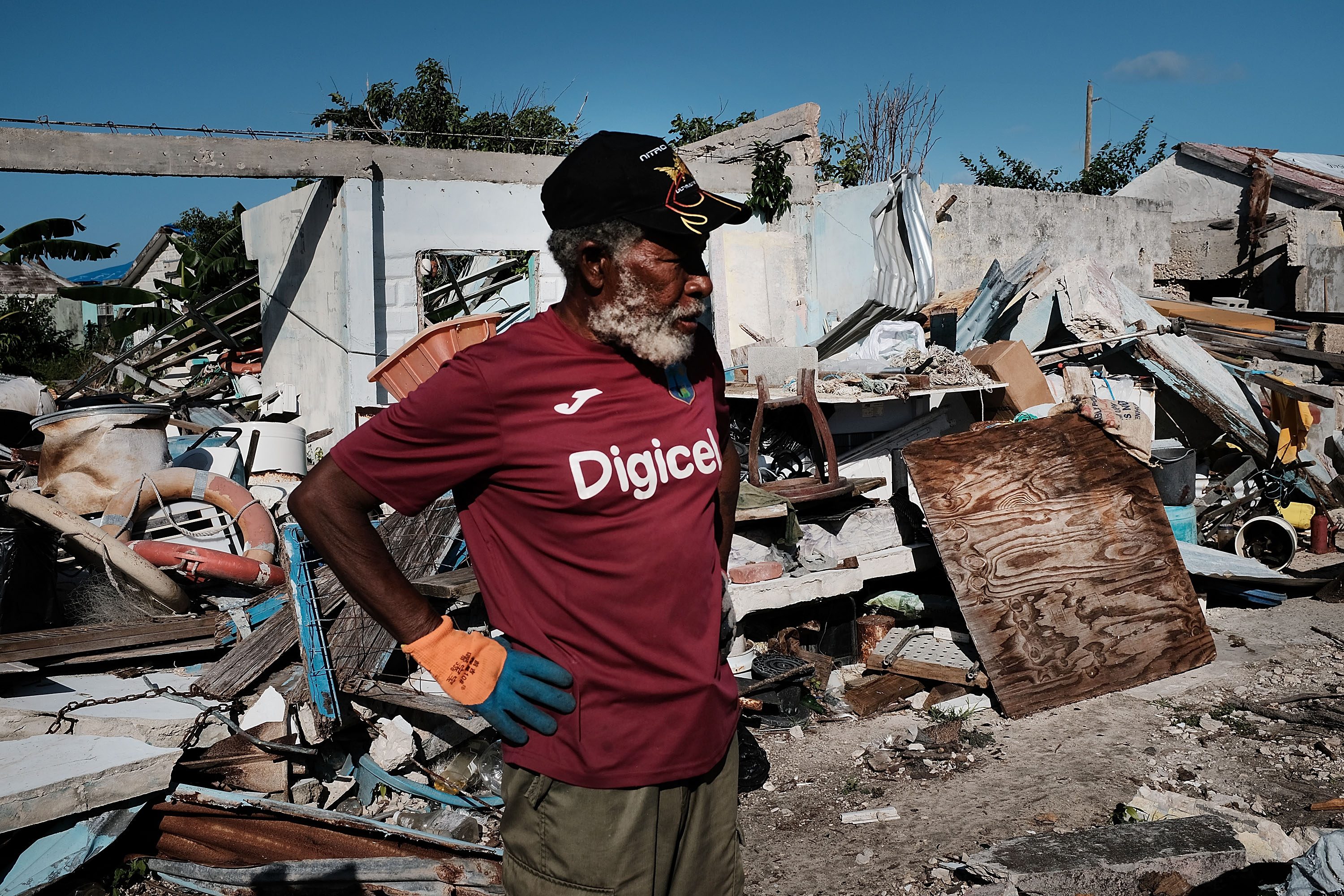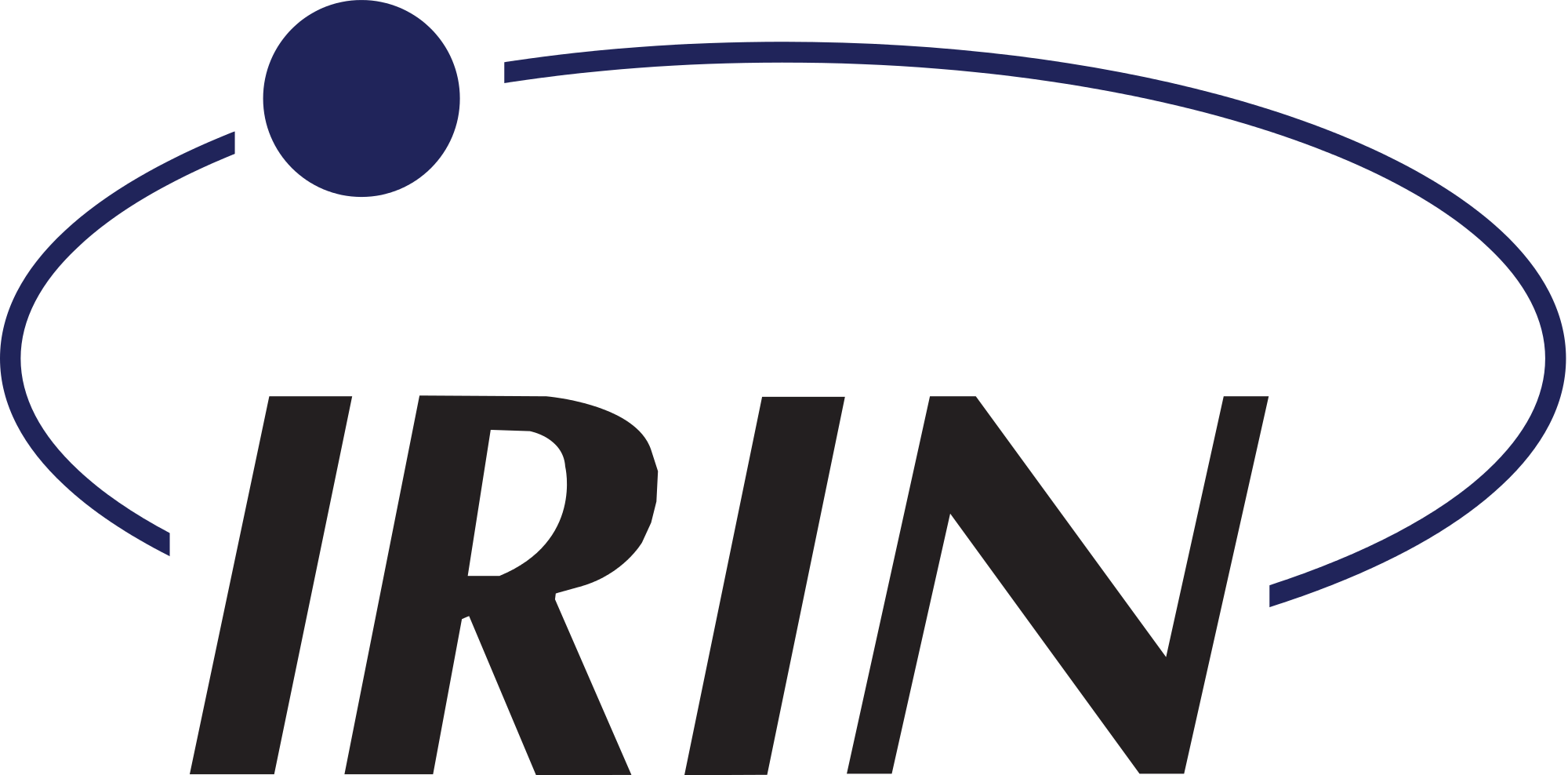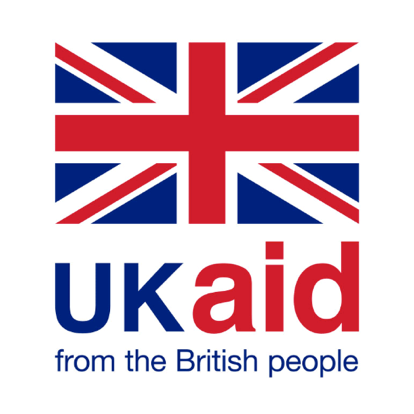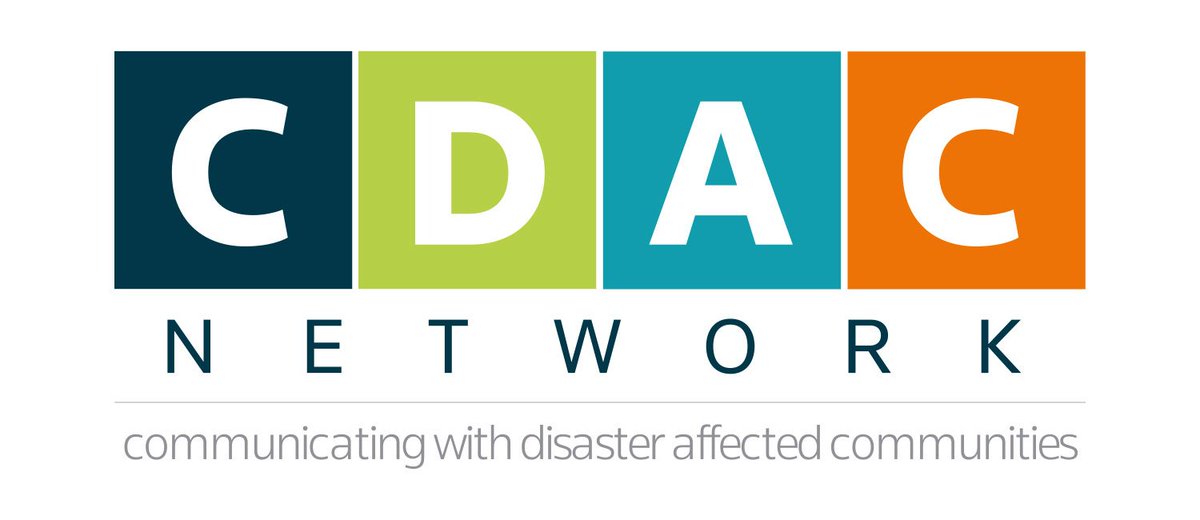Project • Completed
Hurricane response and recovery in the Caribbean

In September 2017, the H2H Network was approached by the United Kingdom’s Department for International Development (DFID) to support the humanitarian response to Hurricanes Irma and Maria in the Caribbean. As part of the network, Ground Truth Solutions was specifically tasked to collect and measure the views of affected communities on the response and recovery efforts in Dominica and in Antigua and Barbuda.
The first surveys were conducted in November 2017. Over the course of the following six months, 5 surveys were carried out in Dominica and three in Antigua and Barbuda. These rounds targeted internally displaced Dominicans and Barbudans as well as Barbudans temporarily residing in Antigua. A series of focus group discussions also took place in Antigua and Barbuda, Dominica, and St. Lucia. Some of the findings from these discussions can be found in the Round Three Dominica report. Our surveys and focus group discussions were further complemented with two 'backgrounders' on the humanitarian situation in these two states. These backgrounder take the findings from our surveys as the starting point and fills out the story with other elements - the perceptions of others involved in the recovery, objectively verified facts and a narrative thread.
Outcomes
Our findings show that most respondents do not think that Dominicans are prepared for the 2018 hurricane season. This might in part be due to a perceived lack of improvements in information provision to affected communities on available support. Like in January, responses remain mixed on the effectiveness of the response. Those who indicate that their priority needs continue to be unmet call for financial assistance. Unemployment and financial hardship are reported by 70% of the 444 respondents in February as the top reason for people leaving Dominica. Half of respondents say they have not been able to resume their jobs or livelihood activities. An interesting finding from the focus group discussions in Dominica was that many feel that patronage plays a role in how the government chooses who receives support. There were reports of discrimination being based on political affiliation. Due to this, respondents called for an independent, non-governmental supervisory body to help determine who receives support and oversees distributions.
In Antigua and Barbuda, respondents’ outlook on their quality of life has worsened between rounds. Over half of participants say that their most important needs continue to be unmet – food and water being the most frequently mentioned needs. Overall, there has been an increase in negative scoring across most of the survey questions, particularly among those residing in collective shelters. Most noticeably, there has been an increase in the percentage of shelter residents who report a lack of respect from aid workers – from 19 percent in November 2017 to 60 percent in December 2017. Most respondents also continue to be dissatisfied with the extent to which community consultations have contributed to the design of support programmes.
Our surveys have been providing humanitarian organisations and government actors with a regular flow of feedback on the effectiveness of the response and the evolving needs and concerns of the affected communities. In collaboration with the other H2H Network members and external humanitarian actors, we have been working to share the results of the surveys with the communities using multiple channels, such as SMS and community meetings.
Our activities in the Caribbean will conclude in May 2018.
Downloads
Surveys in Antigua and Barbuda
Surveys in Dominica
Emergency Cash Transfer Survey (May 2018)
Survey on Perceptions of Information and Shelter (May 2018)



